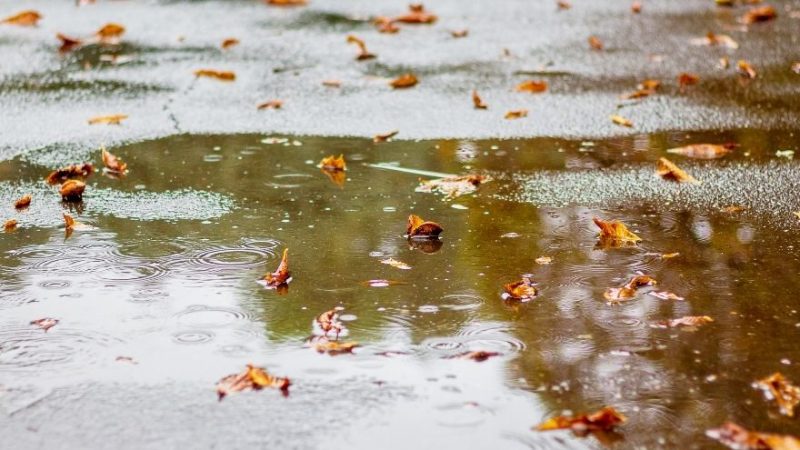Extreme weather can damage your home, including your siding, roof, porch, and asphalt driveway. Here’s how extreme weather affects your driveway.
Your asphalt driveway is durable, but it isn’t indestructible. Mother Nature is destructive, and there’s nothing we can do to stop her from unleashing torrential rain, unbearable heatwaves, or a powerful blizzard on our homes. When bad weather happens, your driveway tends to take the brunt of the damage. Over time, subtle amounts of wear-and-tear can turn into a complicated and expensive issue. Let’s talk about how extreme weather affects your driveway and how you can protect it from damage.
Rain, Thunder, and Lightning
There are over 2,000 thunderstorms occurring worldwide at any given minute, and around 16 million thunderstorms yearly. The temperature, precipitation, and pooling water that come with rain and thunderstorms can cause your driveway to break down. The combination of humidity and heavy rain compromises the strength of your asphalt. The rain works its way down into the asphalt’s surface, where it stays. This creates tension for the top asphalt and degrades the ground beneath your driveway. The more this happens, the worse the situation gets.
As the rainwater builds up, you’ll start to experience cracking and concaving. Water might start pooling in these cracks, which can create pools of sitting water. These pools are full of contaminants and unhealthy particles that can affect the surrounding environment. The easiest way to prevent rain-related damage is to mend any cracks, holes, and weak spots on your driveway. Patching will seal the surface, making it harder for rainwater to seep inside.
Snowstorms
If you live in a place that experiences frequent snow, be prepared. The freezing temperatures and ice aren’t just unpleasant to humans—they’re unpleasant for your driveway, too. During a snowstorm, your asphalt can take a real beating. The weight of the snow is one factor that can damage your driveway. Rock salt can, too. It accelerates the deterioration associated with freeze-thaw cycles. Snow will melt, and the water that results will get under the surface of your driveway. Then, the water freezes under the surface. This can lead to cracking. Before winter, you’ll want to patch any existing cracks and potholes. Sealcoating your driveway can provide it with an extra layer of strength.
Extreme Heat
Anotherway extreme weather affects your driveway is by overheating it. If you’ve ever lived in the South, you’re probably no stranger to heat. The blistering heat and humidity can damage machines, surfaces, cars, people, and—you guessed it—your driveway. The influx of heat, sun, and humidity causes your driveway to expand and contract. This can affect its flexibility and strength, which leads to buckling, collapsing, and the formation of potholes. Fix up any existing cracks, dents, and other forms of damage before summer. When it’s practical to do so, resurface your driveway to protect it against the hotter weather.
